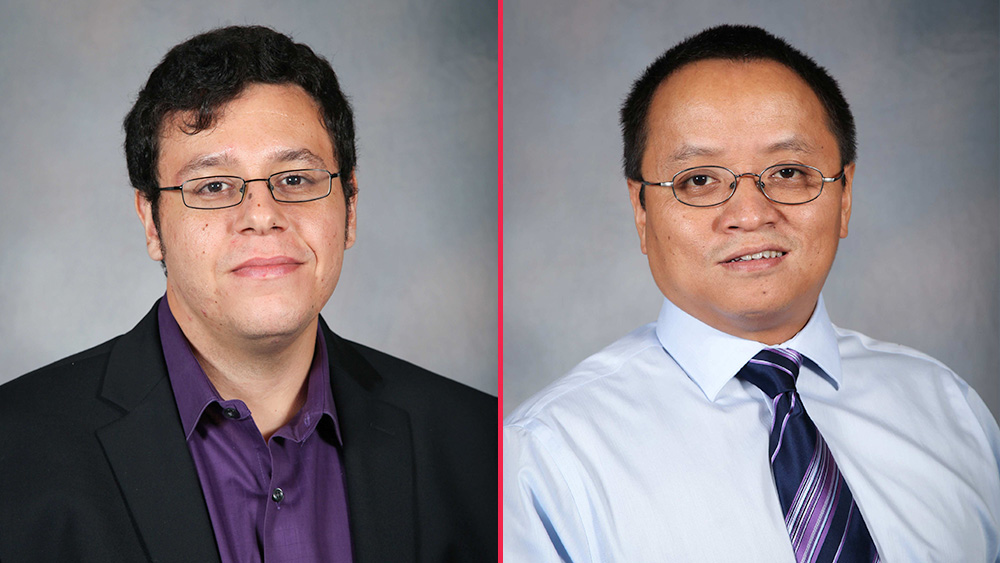
The Department of Nuclear Engineering at Texas A&M University expects to receive part of the U.S. Nuclear Regulatory Commission's (NRC) $11.7 million investment in research and development through the University Nuclear Leadership Program (UNLP) in 2024.

Dr. Karim Ahmed, assistant professor of nuclear engineering, and Dr. Lin Shao, professor of nuclear engineering, are anticipated to receive more than $490,000 to study the effects of molten salt reactor environments on alloys.
According to the NRC, the intent of the grants is to develop a workforce capable of supporting the design, construction, operation and regulation of nuclear facilities and the safe handling of nuclear materials.
With advanced computer modeling and high-throughput characterization and testing, Ahmed and Shao intend to gain insight into how certain types of stainless steel, specifically irradiated additively manufactured (AM) 316H stainless steel, behave in molten salt reactors.
Researchers hope to understand radiation, deformation (when material gets bent or stretched), corrosion and how these factors interact and affect the safety and durability of this stainless steel.
“This research is important because there is not much information available about how AM 316H stainless steel behaves in these nuclear reactors, and this lack of data makes it hard for regulators, such as the NRC, to create rules and guidelines for its use,” Ahmed said.
Ahmed said they aim to provide the necessary data to identify safety issues related to using AM 316H stainless steel in nuclear applications and help create guidelines for operators on how to account for the effects of the reactor environment on the degradation of materials, especially when the current rules do not cover this type of reactor. They also intend to show that using advanced computer models, radiation testing and small-scale tests can quickly determine if new materials and processes are suitable for use in nuclear reactors.
The NRC is expected to issue final awards by the end of January 2024 with awardees posted online in February.